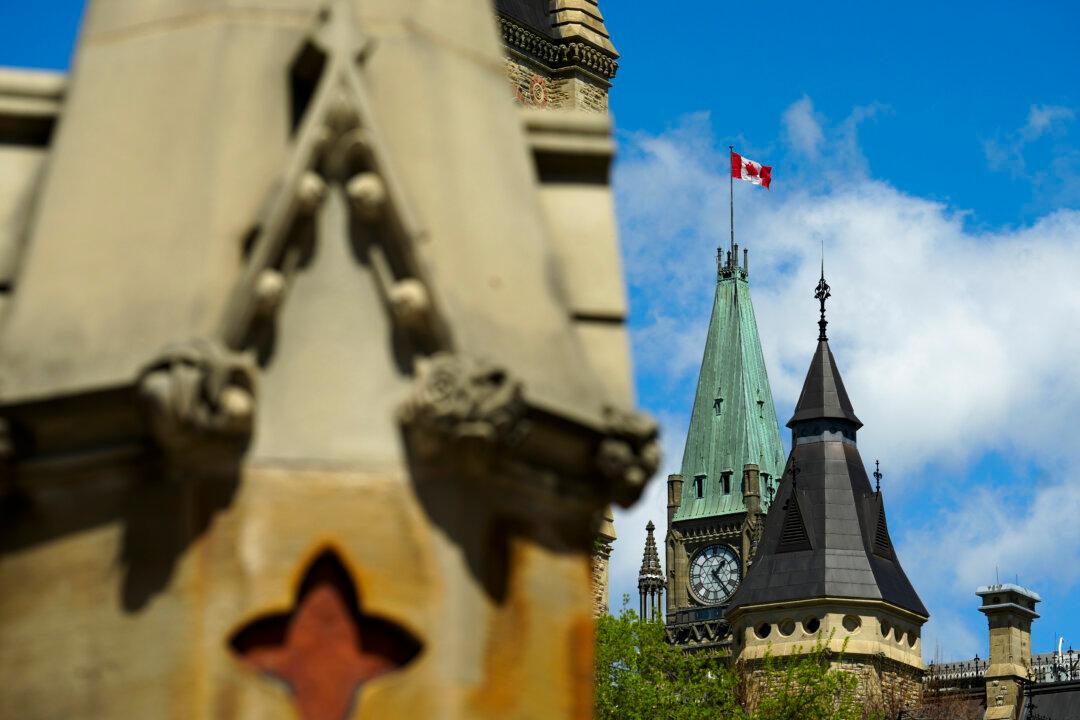Canadian religious charities warn that eliminating charitable status for religious organizations would harm society and the economy, ignoring their positive impact.
“The proposed change would be destructive for Canada’s charitable sector, harming as many as four out of every 10 Canadian charities,” Ray Pennings, executive vice-president for Christian think tank Cardus, said in a statement to The Epoch Times.





